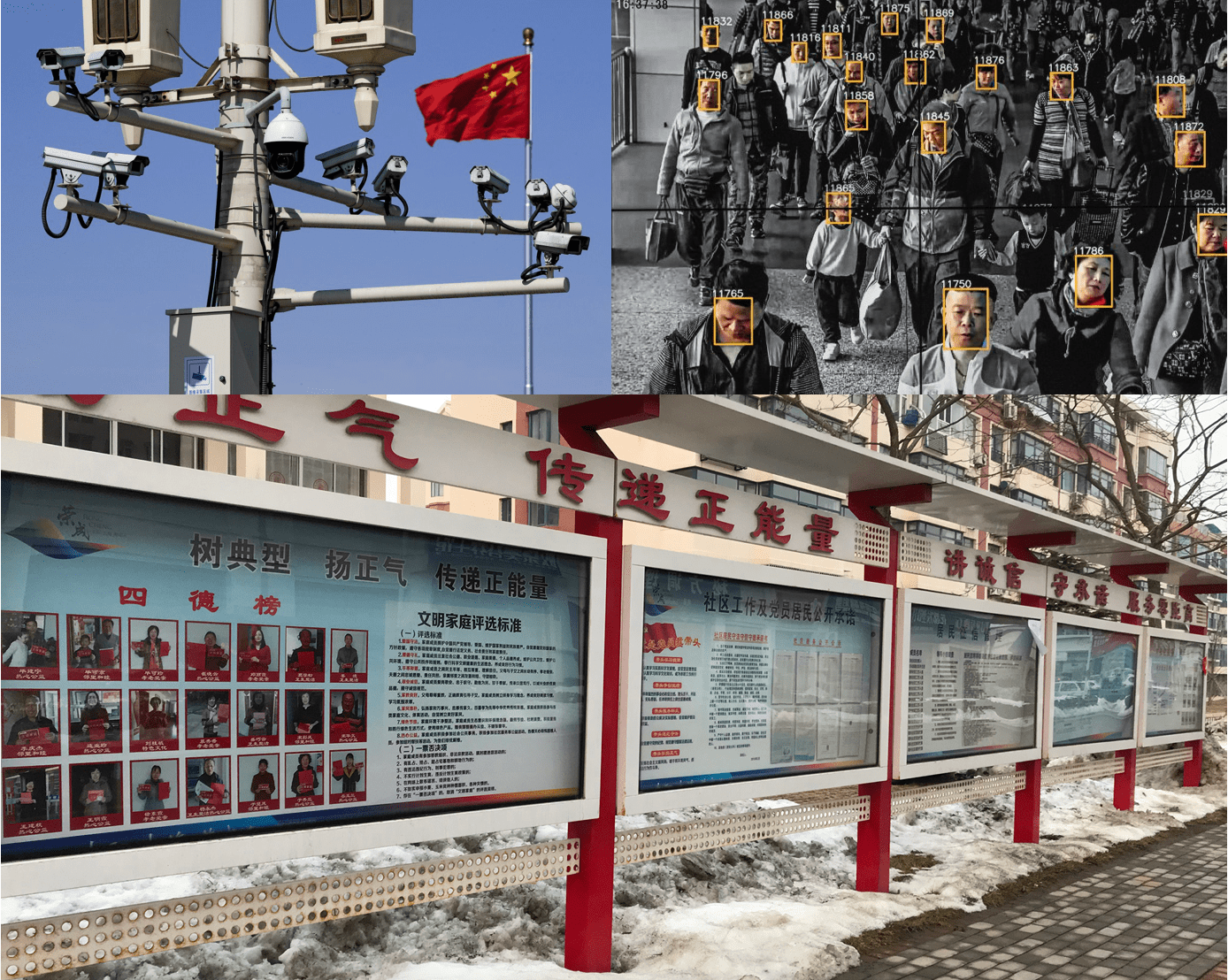
On June 14, 2014, The State Council, the chief administrative authority of the Chinese government released an official document signifying the start of a 6 year development plan for a national social credit system. This document, titled the “Planning Outline for the Construction of a Social Credit System (2014-2020)” in general is meant to punish or reward its citizens depending on their day to day behaviors.
China’s social credit system can be comparable to that of financial credit reports. Both system functions to collect various personal data in order to give interested parties an indication of risk or trustworthiness of a particular person. However, credit reporting agencies only compile information on a person’s financial history, while the Chinese government will go much farther and dig far deeper to gauge a person’s “trustworthiness” within its socialist communities and assigning a score to each of its 1.4 billion citizens. The overall goal for this social credit system as stated in government documents is to “keep trust and constraint against breaking trust [through] incentive mechanisms, and its objective is raising the honest mentality and credit levels of the entire society”. In other words, China will be reinforcing the total obedience of its citizens through psychological mechanisms of punishment and reward.
This program when fully operational will monitor and give points to its citizens according to how well they follow China’s rule of law and the country’s accepted moral norms. Every aspect of a person’s day to day life will be scrutinized through a network of automated and human surveillance. According to Business Insider, infractions may include not paying bills on time, smoking in non-smoking zones, littering, attending non-registered churches, going to Christian functions and altogether behaving badly. However, the moral aspects of a person’s life that is placed under scrutiny becomes much more vague. For example, points could be taken away from playing too many hours of video games, wasting money on frivolous purchases, and posting information on social media that could be considered as “endangering national security or unity”.
Punishment or “disincentives” for those of low score rankings could also vary widely as reported from various media outlets. People may be barred from enrolling into higher education, not able to buy airplane or train tickets, not able to stay at certain hotels, or be able to obtain state run jobs. One major concern from Chinese legal researchers are the merging of the Supreme People’s Court’s Blacklist with this Social Credit System. This existing blacklist is a nationally recognized database of people the government had alleged not being in compliance of court judgements, and had already set a precedence of punishing people by barring purchase of transportation services and attending certain schools. Since this blacklist, in its current form, have already labelled 13.49 million people on its public forum since March of 2019, and furthermore encouraging social media companies to publicly shame these individuals by posting their photos and display their locations on a digital map. The main fear is then as this Social Credit System goes into effect in 2020, millions more will find themselves on this publicly available blacklist to be shamed, persecuted and discriminated against.
Public Blacklist

The scrolling list on the left shows the bullet train travel blacklist alongside partially redacted ID numbers, while the one on the right shows airplane travel blacklist.
Christians within China in particular are already experiencing undue pressure from the Social Credit System. Schools from elementary to higher education are systematically compiling personal files of their students and teachers to be submitted into official government records. A high school teacher in Guizhou said that she felt pressured into reporting herself as non-Christian for fear of negative consequences. Two college professors had stopped attending church when this filing to the government started for fear of lowering their social credit, which could eventually lead to their dismissal. It is then due to this fear in loosing social points that people have stopped going to unregistered churches, landlords are no longer willing to rent spaces for religious purposes, and evangelism have all together hit a huge wall. All in which is due to people not being willing to lose their personal freedom and livelihoods.
ABC News "Leave no dark corner"
Rewards on the other hand could move an ordinary person up a level from those of average or low scores, where essentially they become VIPs in Chinese society. Incentives, for example includes faster processing of applications to travel out of the country, not needing to pay deposits on hotels, apartments or other rental transactions, low or no interest loans, jump in front of lines at hospitals to be seen earlier, and even higher visibility on dating sites. According to their “Planning Outline” for the Social Credit System, this system intends to “allow the trustworthy to roam freely under heaven while making it hard for the discredited to take a single step”.
 Most Chinese citizens for now have a favorable view on the government’s social credit system. They view this type of scrutinization as the government’s way of protecting the people from corporate scandals and a way to facilitate the good behaviors of their neighbors by publicly divulging the trustworthiness of everyone. However, this system can be seen as the modern take on Mao Zedong’s 1980s “Mass Line” in which utilized the ex-Chairman’s charisma to conduct ideological mass mobilization to achieve the aims of social management and social control. The Social Credit system then is the current regime’s answer to social management, where technology replaces the need of captivating the hearts and minds of the people, and instead utilizing psychological means of a point system to punish or reward people in order to control society’s behaviors. Wherein, the goal of achieving total control over all aspects of a Chinese citizen’s life in how they think, believe, buy, and socialize is the ultimate reason in creating this system of surveillance and control. If this system goes unabated, not too far in the near future, the government will achieve total monopolization on people’s thoughts.
Most Chinese citizens for now have a favorable view on the government’s social credit system. They view this type of scrutinization as the government’s way of protecting the people from corporate scandals and a way to facilitate the good behaviors of their neighbors by publicly divulging the trustworthiness of everyone. However, this system can be seen as the modern take on Mao Zedong’s 1980s “Mass Line” in which utilized the ex-Chairman’s charisma to conduct ideological mass mobilization to achieve the aims of social management and social control. The Social Credit system then is the current regime’s answer to social management, where technology replaces the need of captivating the hearts and minds of the people, and instead utilizing psychological means of a point system to punish or reward people in order to control society’s behaviors. Wherein, the goal of achieving total control over all aspects of a Chinese citizen’s life in how they think, believe, buy, and socialize is the ultimate reason in creating this system of surveillance and control. If this system goes unabated, not too far in the near future, the government will achieve total monopolization on people’s thoughts.
Currently, the development of the social credit system is in its 5th year along the lines of the State Council’s document’s 6 year timeline. However, instead of a single official system, the early implementation of social credit had been relegated to regional pilots. Where, depending on the size and wealth of the city or village, some are utilizing high tech surveillance apparatuses such as facial recognition cameras and DNA profiling to facilitate a point system, while other less wealthy provinces are relegated to peer reporting and gossip gathering for point assignments for their residents. At this stage, it is hard to tell which system or a combination of systems the Chinese government will ultimately implement as its official Social Credit System. But, no matter which methodology this Social Credit System will take, in the end, as Samantha Hoffman, a non-resident fellow at the Australian Strategic Policy Institute commented, “[it is all about] upholding and expanding the Chinese Communist Party’s power”.
logo-pantone-solid-coated-fade-in.png)